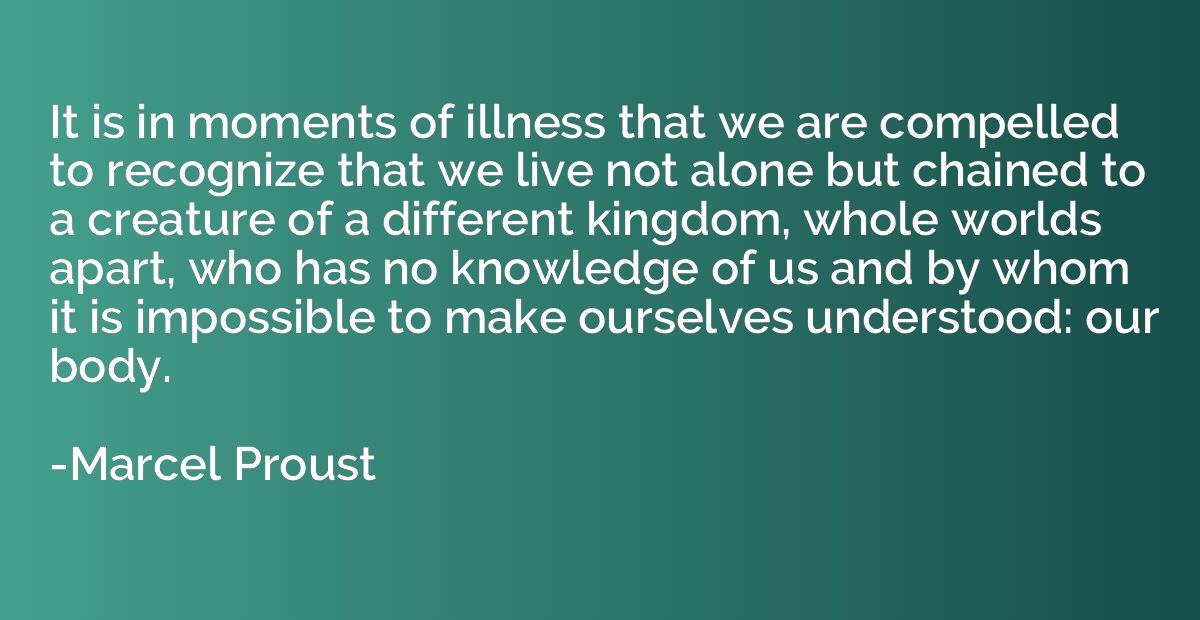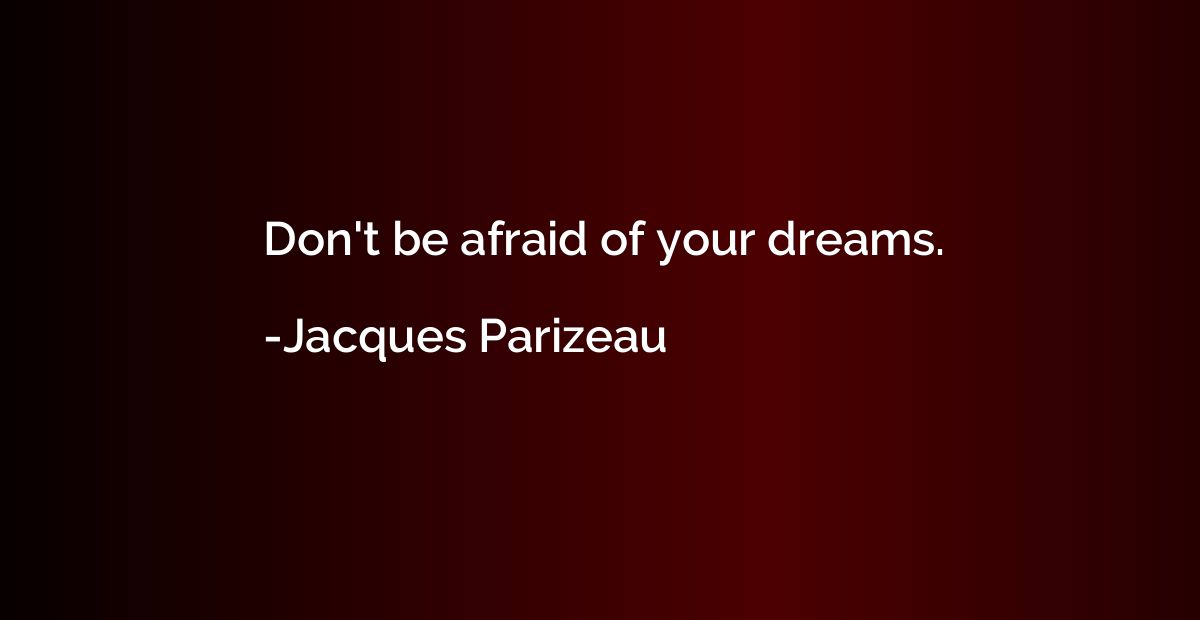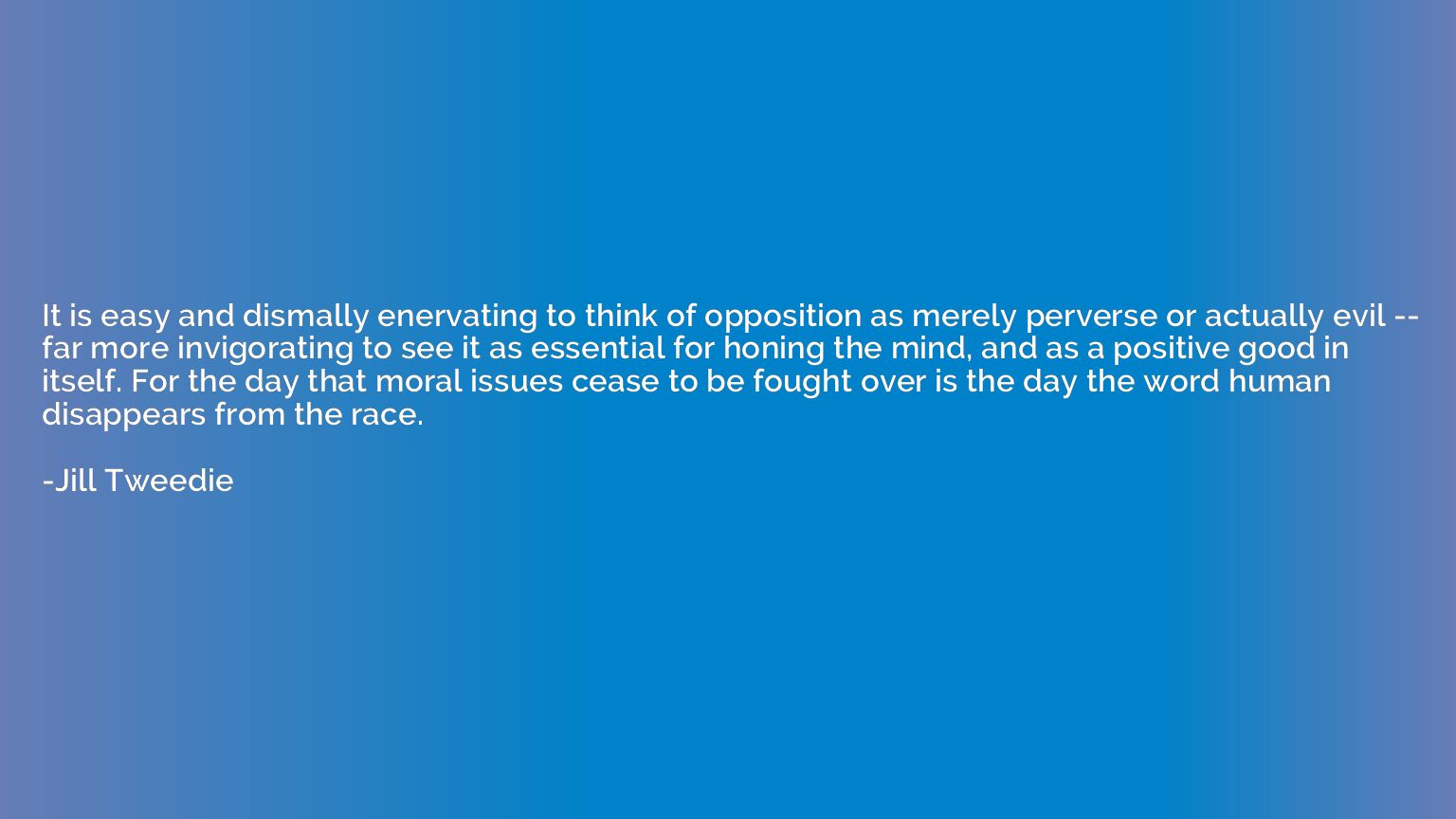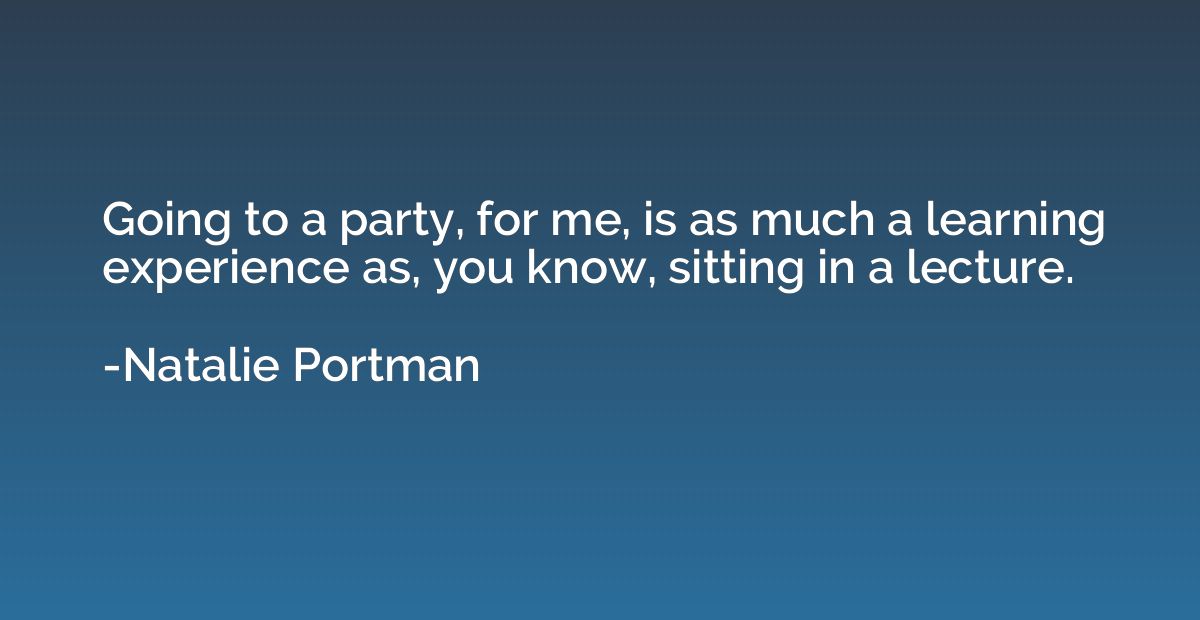Quote by Marcel Proust
It is in moments of illness that we are compelled to recognize that we live not alone but chained to a creature of a different kingdom, whole worlds apart, who has no knowledge of us and by whom it is impossible to make ourselves understood: our body.

Summary
This quote by Marcel Proust highlights the disconnect between our conscious mind and the physicality of our bodies. In times of sickness, we are reminded of the intricate relationship we have with our bodies - a separate entity that we cannot fully comprehend or communicate with. Despite living intimately intertwined, our bodies remain distant, belonging to a different realm. Proust's words tap into the feelings of frustration and helplessness experienced when our bodies, as separate beings, fall ill, emphasizing our relative lack of control and understanding over their workings.














